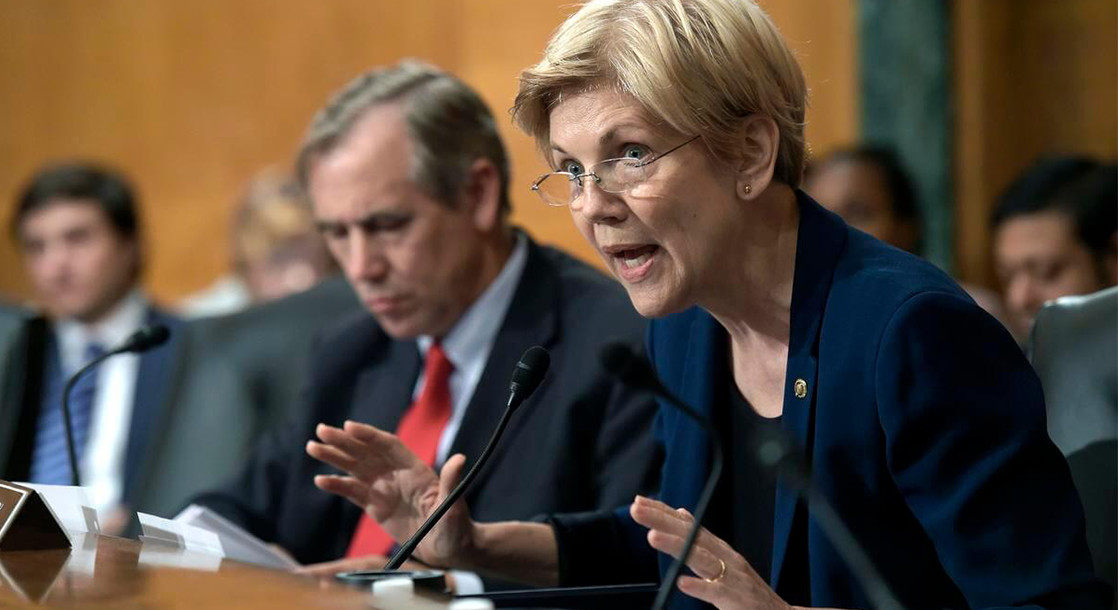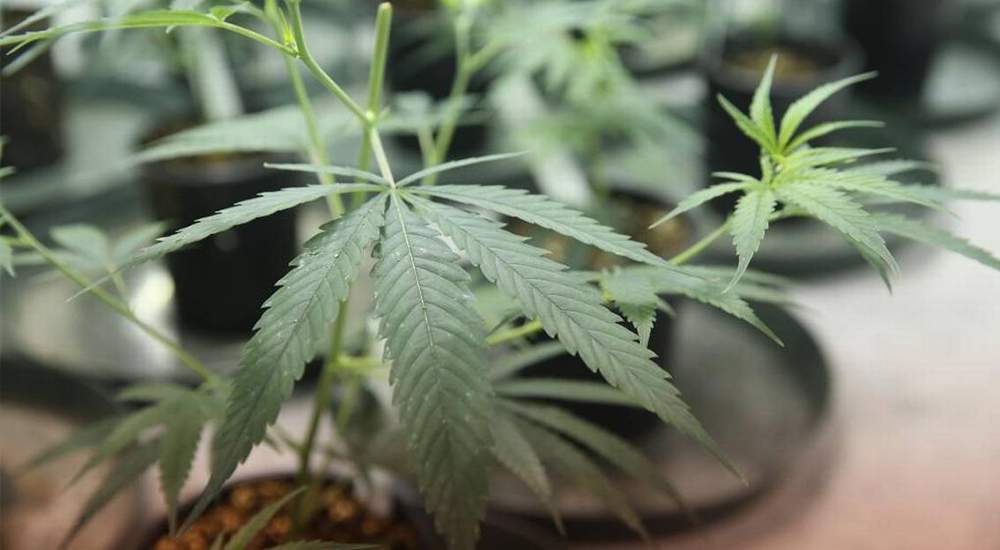While the Federal Aviation Administration (FAA) now allows cannabis patients to travel by air with CBD products, federal regulators announced that airline pilots could not consume any form of cannabis, even if the products only contain CBD.
On Tuesday, the Federal Air Surgeon’s Office issued a statement clarifying that pilots are regularly drug tested for THC, the intoxicating component of cannabis. Pilots who test positive for THC risk losing their flight certifications, regardless of what type of cannabis product they consumed.
“Be aware that federal law — not state law — governs FAA medical and pilot certification,” read the statement.
Although CBD products are often marketed as containing no THC, they usually contain trace amounts of THC, sometimes enough to trigger a positive test result. Some evidence suggests that tiny amounts of orally ingested CBD can convert to THC in the digestive system, which could potentially show up on a drug test, too.
Airline pilots have expressed curiosity – and frustration – over the FAA’s CBD regulations. In January, one pilot asked on an aviation forum if CBD consumption was fair game.
“The doctor I see for arthritis has recommended CBD oil for arthritis pain,” the pilot wrote at Airline Pilot Central before the feds issued their new statement. “Anyone with personal or professional experience with CBD and FAA are welcome to chime in. I’m not finding anything on the web from the FAA, or DOT.”
“Would you bet $10M that it is undetectable? Skip it,” another forum user replied. “I am of the personal opinion that hemp- and marijuana-derived products have a lot of benefits, and if used correctly, are less harmful than a lot of chemicals that are allowed under FAA rules, including alcohol. Of course, my opinion counts for zero when you pop positive on a drug screen that ends your career.”
Ironically, THC was (sort of) federally legalized late last year when President Trump signed the 2018 Farm Bill. The bill removed one form of cannabis, hemp, from the federal list of controlled substances, leaving individual states to decide whether they would ultimately permit hemp and its derivatives within their borders.
Hemp is defined as any cannabis plant that contains less than 0.3 percent THC by weight, which means that so long as the THC comes from hemp, its possession, cultivation, and sales are not subject to federal criminal charges. Federal law, however, treats the THC in marijuana as a Schedule I drug, right alongside heroin.
Follow Randy Robinson on Twitter











